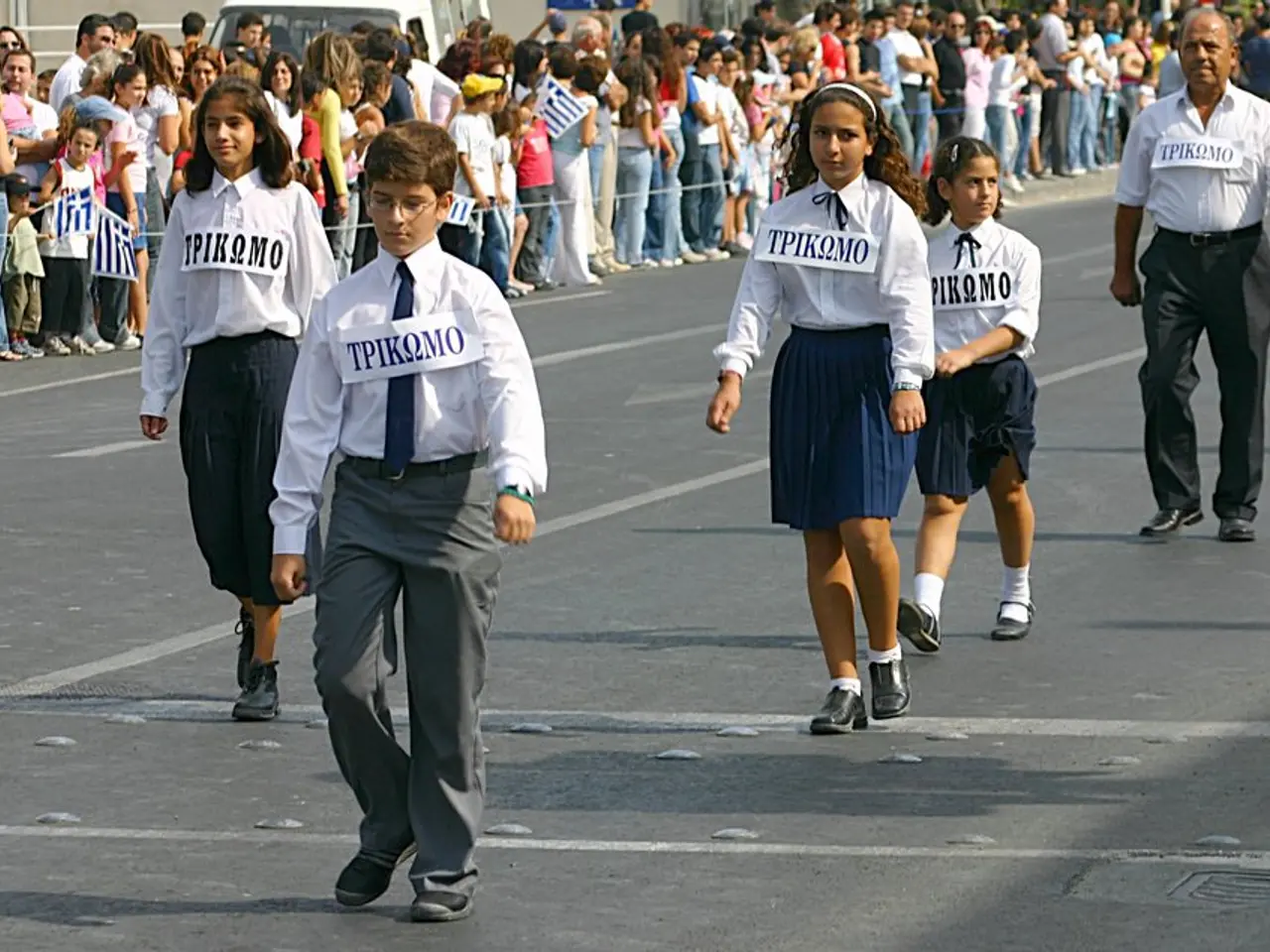Rescue workers in Gaza report 46 fatalities; UN criticizes US-supported aid system
In the heart of Gaza, chaos and distress reign. On Tuesday, a brutal day that saw the tragic loss of 46 lives and over 175 injuries, courtesy of Israeli fire, echoed a grim daily scenario all too familiar to the people of Gaza.
Ziad Farhat, a paramedic at Nasser Hospital in southern Gaza, shared the devastating truth: hospitals are unable to accommodate the overwhelming number of casualties pouring in every day.
As tensions simmered between Israeli opposition leaders and the families of Israeli hostages held in Gaza, a tenuous ceasefire with Iran was proposed in an attempt to bring some respite to the war-torn territory. However, Israel's military chief later issued a stark warning, reemphasizing the country's commitment to regain control of Gaza - to bring the hostages home and crush the Islamic group Hamas in the process.
One pressing issue has arisen in the context of aid distribution. With the US- and Israeli-backed Gaza Humanitarian Foundation (GHF) now in charge in Gaza, replacing United Nations agencies, scrutiny has intensified. Thameen Al-Kheetan, spokesperson for the UN human rights office, referred to the "weaponization of food" in Gaza, branding it an abomination.
Tensions around aid points have been at an all-time high, with reports of deadly attacks near aid distribution sites, including the Netzarim corridor and the Al-Alam and Al-Shakoush areas. Israel's military claims these incidents were in response to unruly crowds near their troops. Unfortunately, due to accessibility issues and restrictions on media in Gaza, these reports are difficult to independently verify.
The dire humanitarian state has forced thousands to put their lives on the line to reach aid distribution points. With severe shortages of food and supplies, people are struggling to find necessities for their survival. A major concern is the militarization of humanitarian aid and the risks it poses to civilians.
International organizations, including the International Committee of the Red Cross, have voiced their concerns, warning that the politicization of aid could amount to complicity in war crimes.
As worldwide human rights organizations call for a halt to the GHF's operations, the situation remains volatile, with civilians continuing to brave danger in search of sustenance. The people of Gaza stand resilient but the challenges before them seemed insurmountable.
- The humanitarian crisis in Gaza, exacerbated by the politicization of aid, has raised concerns about potential war crimes, as international organizations, such as the International Committee of the Red Cross, have voiced their concerns over the militarization of humanitarian aid.
- The Israeli military's commitment to regain control of Gaza, as stated by their military chief, raises questions about the future of human rights in the region, particularly since Israel's involvement in Gaza has often been associated with violations of health, general news, and human rights.
- In the midst of this volatile political climate, the people of Gaza continue to face dire health conditions and struggle for basic necessities, with hospitals like Nasser Hospital in southern Gaza unable to accommodate the overwhelming number of casualties pouring in every day.






